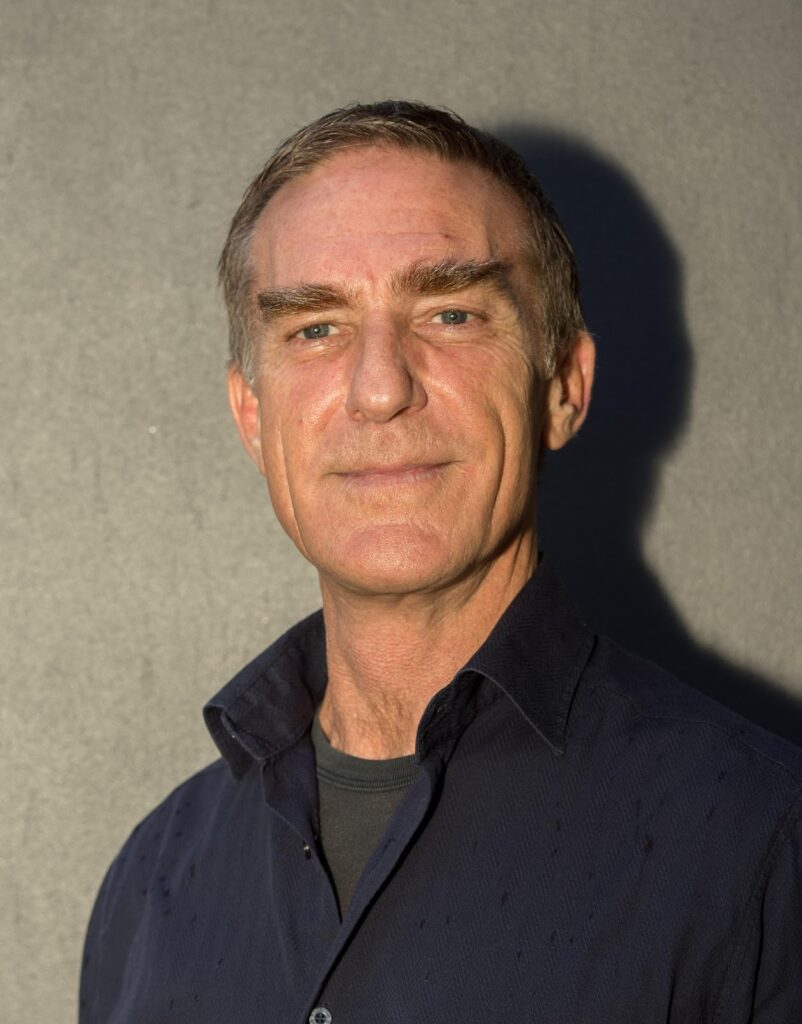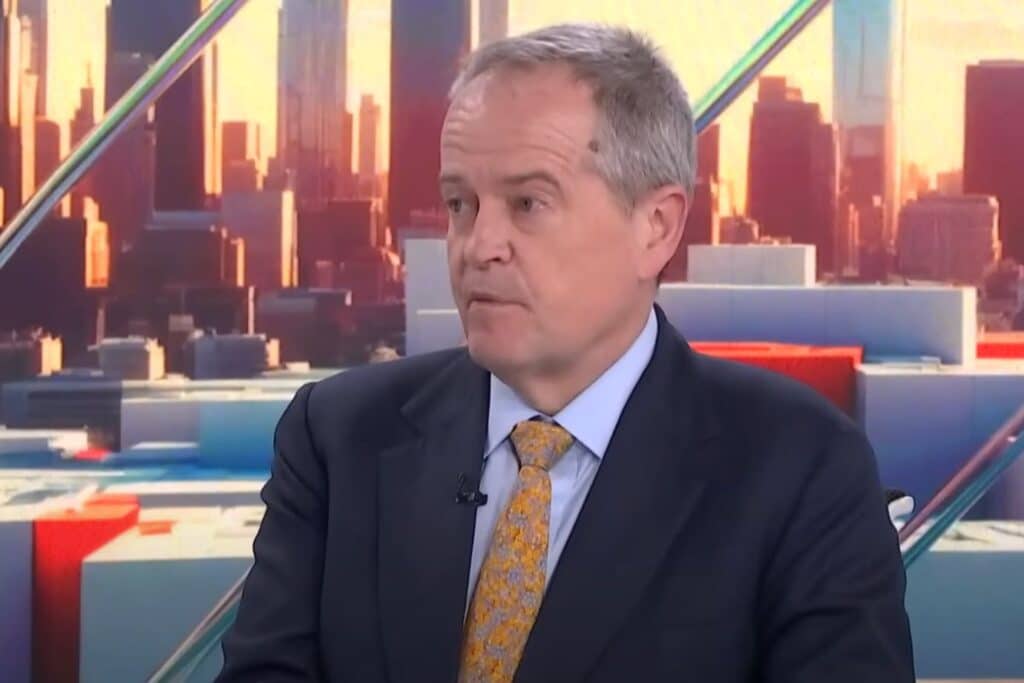Sex work funded by the National Disability Insurance Scheme (NDIS) could be ruled out under proposed legislation put forward by the Albanese government.
Currently, the NDIS framework allows for several services, including sex work, to be funded by the disability scheme for Australians living with disability.
But NDIS Minister Bill Shorten said the proposed legislation would lay out clearer restrictions for the disability scheme, and while he is sure the rights of NDIS participants would not be affected, disability advocates aren’t so sure.
So, why is sex work currently approved for NDIS funding? Here’s everything you need to know.
What is the NDIS?
Distributed by the federal government’s National Disability Insurance Agency (NDIA), the NDIS funds “reasonable and necessary” services to Australians living with a permanent and significant disability.
The scheme essentially assists participants in their everyday lives by funding services, equipment, therapies and more to help achieve any goals they may have.
The NDIS assists more than 500,000 Australians living with disability, and this year’s budget invested $44.3 billion into the scheme. But the government forecasts that, by 2030, the cost of the NDIS will more than double to $90 billion.
What is the government’s plan?
To combat the predicted rising costs of the NDIS, the Albanese government wants to establish a more specific framework that explicitly defines which services will be available for NDIS funding.
This would be done through legislation that would restrict NDIS funding toward services including legal cannabis, taxidermy, sex toys and more.
Over the weekend, NDIS Minister Bill Shorten told Sky News it would also “rule out” sex work as a service that can be funded by NDIS.
“It’s just not a sustainable proposition,” the Minister said. “It doesn’t pass the test, does it?”
Do NDIS participants request sex work?
Earlier this week, Minister Shorten told ABC Radio that in the 12 months to the end of April this year, 228 requests for sexual activity services had been filed to the NDIS, which were all denied.
Saul Isbister is the President of Touching Base, an organisation that connects people with disability to sex workers. As he told Women’s Agenda, the number of requests for sex workers from NDIS participants is “a very small number” in comparison to the number of people accessing NDIS funding.
“Going on the numbers stated by the Minister, sex work is probably only going to be reasonable and necessary for a limited number of people – approximately four out of every 10,000 people,” Isbister said.
“This is a total red herring being put forward (by the government) to get support from people who are ideologically opposed to the concept.”

Sex work has been a valid service for the NDIS to fund since a Federal Court ruling in 2020, where a woman living with multiple sclerosis was seeking $10,000 a year from the scheme to pursue “sexual release”.
In its judgment on the case, the Federal Court found the NDIS Act “does not expressly exclude such activities from being funded supports… nor has any exclusion been made under the NDIS rules”.
“In our opinion, there is no implied exclusion of such activities either, and indeed in our opinion the better view is that they are intended to be included,” the judgment read.
The NDIS Minister at the time Stuart Robert denounced the decision, saying the ruling was not “in line with community expectations”.
Isbister from Touching Base criticises the view that sex work should be excluded from NDIS services, particularly after the Federal Court of Australia’s decision in 2020.
“There’s some real gaslighting going on,” Isbister said.
Why is sex work a valid service for NDIS participants?
Sophie Cusworth is the interim CEO of Women With Disabilities Australia (WWDA). Speaking with Women’s Agenda, she said she is concerned about Minister Shorten and the government’s plan to exclude NDIS participants from accessing sex work via the scheme.
“The NDIS is designed to improve the quality of life of people with disabilities in Australia and it provides funding for people with disabilities to access ‘reasonable and necessary’ support to participate fully in the community on an equal basis with others,” Cusworth said.
“People with disabilities have a right to enjoy health and wellbeing, including sexual health and wellbeing, just like people without disabilities. We have the right to make our own choices about our bodies, sexual and reproductive health, and intimacy, pleasure and relationships.
“Sexual expression and intimacy is linked to improved quality of life and wellbeing for both people with and without disabilities, but some people with disabilities need specific support to enjoy sexual expression.”

In a joint statement, ten Australian disability organisations, including Touching Base and WWDA, “strongly condemned” Minister Shorten’s comments that he would exclude sex work from the NDIS.
“The exclusion of sexuality and sex work services from the NDIS would undermine the fundamental human rights and the choice, control and access of people with disability to essential supports that enable full participation in all aspects of life, including sexual expression, health, reproduction and relationships,” the statement reads.
The organisations said the restrictions proposed by the government could impact participant access to essential sexuality services, including consent education, non-sexual touch and intimacy, therapies to support healing from sexual abuse, and more.
“These supports can be life changing,” they said. “They foster positive relationships with one’s own body, particularly for those who experience their bodies as medicalised. They build confidence in sex, intimacy, and touch within safe and supportive environments, and provide outlets for self-expression and pleasure.”
“The comments from the Minister reflect a concerning narrowing and prescriptive definition of NDIS supports, which fails to encompass the critical needs of many people with disability and to uphold our choice and control.”
What will happen next?
Minister Shorten and the Albanese government are calling for support from the Senate to have the Bill passed.
Meanwhile, the ten disability advocacy organisations who signed the joint statement have called for Minsiter Shorten to retract his comments and cease pursuing the law reforms. The organisations have urged the government to engage with the disability community and better understand the needs of Australians living with disability.
The organisations also wish to work with the government to co-design a “clear sexuality policy within the NDIS framework”.
“The NDIS must continue to recognise sex, sexuality, and relationships within the context of disability and ensure access to a range of safe sexual supports and services that meet the diverse needs of NDIS participants,” the statement reads.


